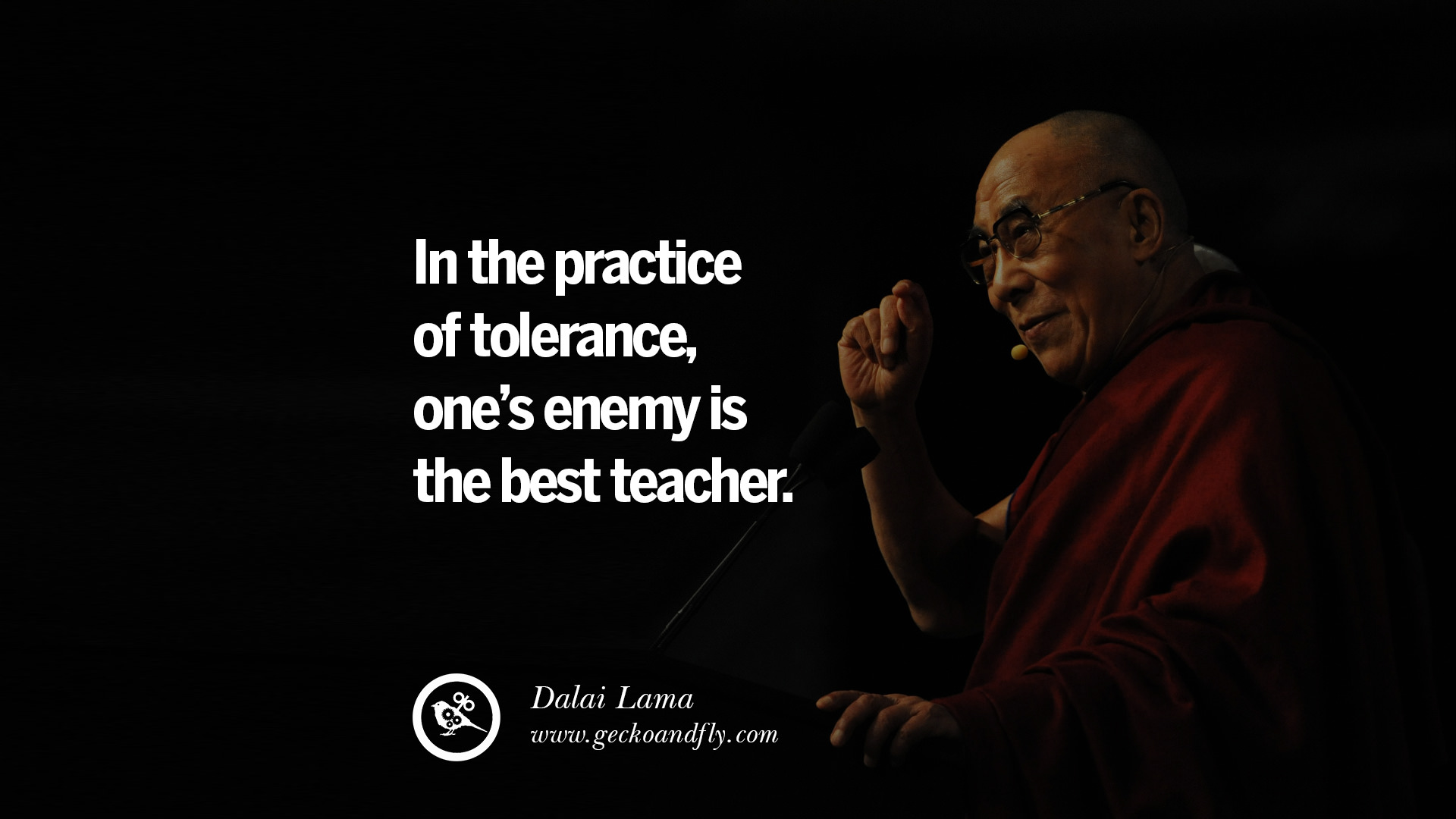
This was the answer a Zen master gave to one who asked him to define enlightenment. I attend a more-or-less monthly sitting with a few people. Over the years, we've gotten used to the routine. Our moderator gathers us, we practice what's loosely called "recollective awareness." It's based on using the Buddhist insights to look into what happens, when we meditate, whatever it is, and then report it.
While I am the shyer type, the fact I knew the moderator, trained in this, long before I knew he'd been in fact doing this on his quiet retreats he'd go away on and never talk about, at least with my wife and her workmates where at the time he joined them, convinced me I could trust him and then the setting.
Today, the five of us (there are up to seven of us total, but often one of us, me included, has to work) reflected, unavoidably on the news of the past few days. Last month, the anxiety some attendees exuded was palpable. While I reacted, it seems, with more equanimity and calm, along with surprise, than nearly all around me who'd invested their hopes in Her, the aftermath, of course, is one we're all feeling. So, the reminder of the parable of a poisoned arrow was the subject of the day's recollection.
The point (!) of this is simple. The Buddha urged us to act as if we were on fire, fleeing a burning house, to seek the way out of endless repetition, the same-old same-old, the illusion it's all permanent. With examination, one found nothing arose on its own, and all things depend on other things, and all things must pass. The clinging to these notions of stability, to a self, to a soul, creates pain or unease.
Related to this central teaching, those who became distracted by the causes of the effects of "dukkha" (like I get distracted) were foolish. Metaphysical analyses were fruitless. Pierced by a poisoned tip, one plucks it out. One does not speculate on the color of the arrow, the feathers of the shaft, or even the nature of the concoction threatening to flow into one's veins. Instead, one plucks out the arrow.
Our moderator related this familiar tale to the current news. Why do we wallow in self-pity? I might add, comparing last Tuesday to 9/11, or throwing rocks through windows? Are marches premature? (N.B. After I put this piece up, I found this in my FB feed: Buddhist teachers respond to T's win.)
The new president has 75 or so days before taking office. Perhaps reasoned discourse might be given a chance? If we are deeply divided, I remarked, we are also united by various forms of suffering. The pain felt by the electorate came out partially before and partially after Election Day. The "protests" feared by the blue states now loom large in headlines, whereas if the red states had lost, their "riots" would have been disdained and ridiculed as the tantrums of spoiled losers, just sour grapes squashed.
Political activism is necessary. Complacency all around has lured us, by our gadgets and distractions, away from social change. But channeling that in careful ways will result in gains that knee-jerk name-calling will not. Not sure how wearing a giant safety pin to assure those tearing out hair and gnashing teeth if that'll get across "you're safe with me" amidst the presumed unleashing of the Beast.
Meanwhile a FB pity party: the frantic posting of toxic social media memes: the status updates as all-black, the lamentations and jeremiads of apocalyptic doom. A Play-Doh and coloring book safe space for the bereft U. of Michigan Law School students. Giddy news snippets exaggerating the slightest slight someone receives as if Kristallnacht has returned, or if the Antichrist is knocking on a post-Halloween door. The frisson of leaving a horror movie, cuddling with sobbing pals against the orange bogeyman, is fun. But as Stephen Greenblatt told us a week ago about Richard III, Something inside of us enjoys every minute of his horrible ascent to power." Yet, I ask if that esteemed Shakespearean critic at Harvard might be trapped in his own echo-chamber, for his analogy to the election leaves out any other figures from any other plays. Surely She could be held as liable to the fatal flaw as Him?
A final note is to ask how much we invest in a human, fallible position as president. Why do we invest so much emotion, and billions of dollars in influencing our fellow citizens to vote as we do? Is it wise to place so many elevated expectations in He or She? Examining our own complicity, our internal delusions, might be recommended before pointing the finger and tossing the brick at those we mock as the Other. The fear of the ignorant (a contingent to which I was assigned by a trans-activist who'd surely not stereotype any other group outside the white working class from which I was raised, for better or worse) remains even within the liberal, educated, progressive crowd, it seems. One way to counter this relegation of millions to a despised status is to spread healing, and to listen to each other more, and condemn or preach to each other less. We all bear slings and arrows.
When I left the all-day session, the sun was setting over the distant Pacific, a sliver of it barely visible fifteen miles west. The clouds ran reddish pink in the blue sky, tinged with white. I took it as a sign.






















No comments:
Post a Comment